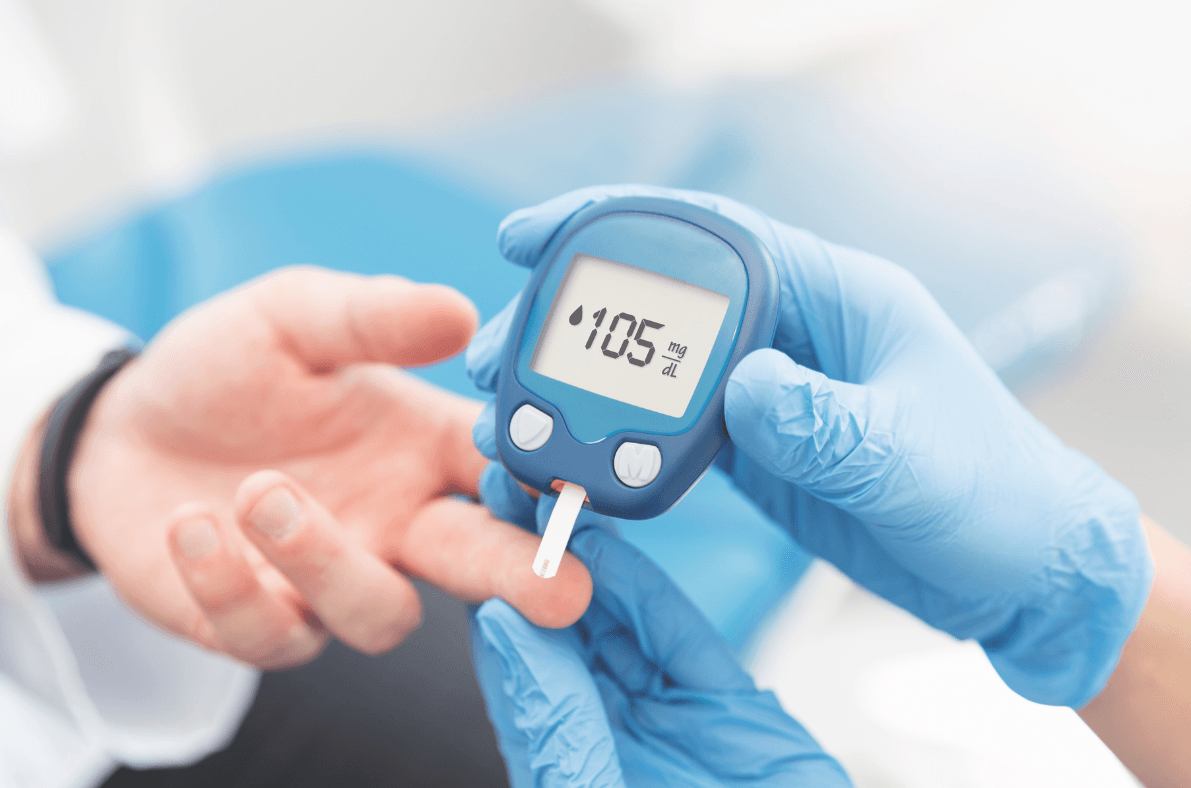It’s important to look after your health but busy modern lifestyles can mean that it’s not always possible to visit the doctor. Long waiting lists, travel times and queues can mean that a face to face doctors appointment is out of the question in some circumstances, but an online consultation can be just as effective.
There are many benefits to booking an online GP service and it means that you can get the medical advice and attention you need, even if you’re pressed for time. If you have a non-urgent medical issue and are wondering whether an online appointment is right for you, see below for just four benefits of online GP services.
Reduced travel
Accessing a GP can be difficult if you don’t drive or if you live in a rural area. You may also have a condition which makes mobility difficult, or perhaps you can’t afford to take time off work to travel to the appointment. An online appointment removes all obstacles associated with travelling and allows you to see a doctor in the comfort of your own home.
Convenient prescription services
You can arrange for a prescription to be sent electronically to a pharmacy of your choice when you book an online appointment. This allows you to collect the prescription at a time to suit you and there’s no need to attend an in-person appointment first.
24/7 registration
You can book an online appointment 24 hours a day, seven days a week. There’s no need to wait for the surgery’s opening times, simply log on and book an appointment at any time. You might have an issue that’s non-urgent but still requires attention and an online service means you won’t have to wait until the next opening time.
Expanded health knowledge
When you book an online appointment, you’ll be matched with the most appropriate clinician for your health condition. This means that patients have better access to information about their health. They can also access their online records to review up-to-date and relevant information before or after their consultation at any time of the day.
If you’re looking for online GP services, schedule an appointment with NHS GP today. We’re proud to operate four excellent GP practices across North West London, in Wembley, Alperton, Willesden and Queen’s Park. Online registration is available 24/7 and you can then access a wide range of services, including GP video consultations, prescriptions - which are sent electronically to a pharmacy of your choice - and general health advice from our doctor’s practice. Register online today or contact us to find out more.











